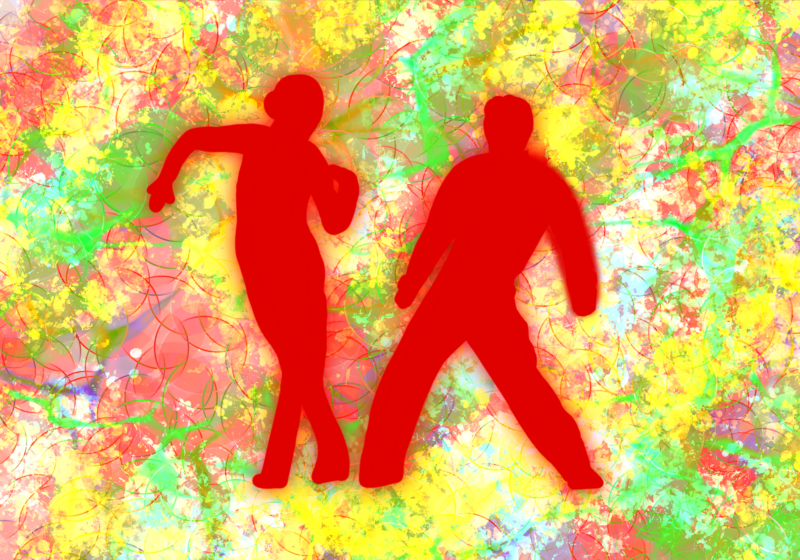The sports world doesn’t know how to handle drugs.
The use of recreational drugs, especially marijuana, has become far less taboo than it once was. Recreational marijuana is now legal in several states, though nearly every major professional sports league bans it.
There are several success stories of high-profile athletes who fall in the draft for a failed drug test or even rumors of marijuana use, then end up with good careers, including NFL hall of famers Randy Moss and Warren Sapp. Additionally, several retired NBA and NFL players have said that 80 to 90 percent of all players in their league use marijuana.
So why do sports teams treat recreational drug use as a major risk?
First, teams are completely unable to tell the difference between players who smoke weed every so often before games to reduce the nerves and players with larger issues. In other words, teams can’t tell who will be the next Randy Moss and who will be the next Josh Gordon, who has played in just 22 games in the past five years after several suspensions and rehab visits.
Many players have fallen in the draft due to speculation of marijuana use in college, only to later have somewhat unrelated criminal issues. Warren Sapp and Aaron Hernandez are examples.
Given that reality, it makes sense that sports teams treat past drug use as a risk that pushes a player down the draft board.
Second, recreational drug use often carries a similar stigma to performance-enhancing drug use. Both yield similar suspensions and both feature banned substances, so they are often conflated.
But PED use is entirely different from recreational drug use, at least on the surface.
There is some universal instinct that a player who took performance enhancing drugs is less impressive than one who didn’t. It’s why Roger Clemens and Barry Bonds remain in hall of fame limbo while Mike Mussina and Edgar Martinez seem likely to get in.
But drugs aren’t the only substances that can help athletes perform better. Why do we treat steroids differently than Redbull or Five Hour Energy? What about smoking a joint before a game to fight off the nerves and feel more relaxed? Should anything that helps a player be banned?
Athletes know the costs of doing drugs, whether the health issues, the possible suspensions and fines, or the negative effects on their legacy.
Some athletes use performance-enhancing drugs to keep up with competition. Some do it to reduce anxiety. Some want to escape the isolation of fame. Some have serious mental health and addiction issues and others just want to have fun. Even still, the overarching issue does not seem to be the players, but the game.
The sports media often treats recreational drug use as an immature an undisciplined extravagance, not as a solution to the problem that fans expect too much from their athletes. But as entertaining as it may be for Stephen A. Smith to say “Stay off the weed,” the real issue isn’t always a lack of discipline.
I’m not saying that sports leagues should condone the use of illegal drugs. But leagues and teams are far more focused with the public relations nightmare that comes with a doping or substance abuse scandal, so they stay away. By banning legal substances like marijuana, sports leagues refuse to recognize the difficulties professional athletes face.




